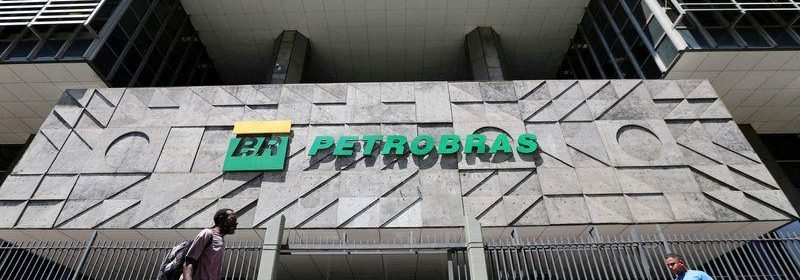Brazil chemical maker Unigel interested in Petrobras' fertilizer project -CEO

RIO DE JANEIRO (Reuters) – Brazilian chemical maker Unigel is interested in purchasing a fertilizer project from Brazilian state-run oil company Petrobras in the state of Mato Grosso do Sul, its chief executive told Reuters on Friday.
The operation of the unit, whose capacity as designed by Petrobras was 3,600 tonnes per day of urea and 2,200 tonnes per day of ammonia, could help Brazil reduce its dependence on imported fertilizers while the country deals with difficulties arising from the war between Ukraine and Russia.
Unigel’s interest has increased after talks between Petrobras and Russia’s Akron Group failed earlier this week.
Petrobras has been trying for years to sell the Nitrogen Fertilizer Unit III (UFN-III) in the city of Tres Lagoas. Construction was halted in 2014 with about 80% of the works completed.
“There is this prospect (of negotiating with Petrobras). But it will depend on the direction Petrobras will take, depend on the terms, and we will look carefully,” Unigel’s chief executive, Roberto Noronha Santos, said in an interview.
He added that Brazil is a major importer of urea, buying around 8 million tonnes a year, and that the company already produces 1 million tonnes a year. The Tres Lagoas project, he said, will produce 1.2 million tonnes a year.
A chemical project normally takes three to four years to start operations, Santos said, adding that it will take about 18 months to put the plant into operation.
Petrobras has invested about 3 billion reais in the plant, he said, and the estimated cost to finish it will be in the “hundreds of millions of dollars,” he said.
Once in operation, UFN-III would guarantee more local supply of fertilizer raw material to farmers in Brazil, the fourth- largest consumer of nitrogen fertilizers. The country imports around 75% of its demand for this type of product, with Russia among its main suppliers.
Source: Read Full Article
